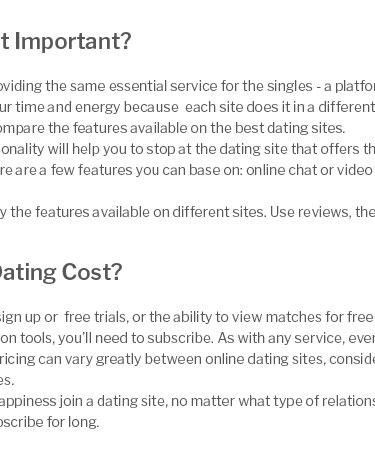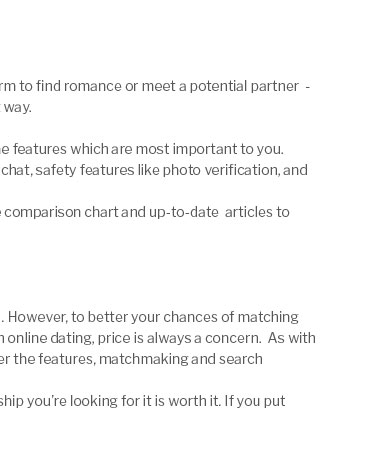 |
 |
|---|
|
|
|
|---|---|
 |
 |
 |
 |
|---|---|
 |
|
 |
|
 |
|
 |
|
 |
|
 |
|
 |
|
 |
|
 |
|
 |
|
 |
|
 |
|
 |
 |
 |
|---|
email affair boundaries and insightsAn email affair is an emotionally charged exchange conducted through inboxes and messaging, often blurring lines between friendly connection and intimate betrayal. It may never involve meeting, yet it can still create deep ruptures in trust. What an email affair typically looks likeDefinition and digital dynamicsPrivate threads, pet names, flirtatious language, and selective secrecy are common markers. The medium can make disclosures feel safe while intensifying emotional intimacy.
Emotional secrecy is still secrecy. Boundaries that tend to get crossed
Signs and red flagsBehavioral cues to notice
If it must stay hidden, ask why. Why email affairs happenEmotional needs and fantasyEmail can act like a diary that talks back: quick validation, a sense of being seen, and the thrill of curated identity. The private channel lowers inhibition and inflates chemistry.
Context matters. Curiosity, culture, and personal values shape whether a message feels harmless or harmful. For broader context, some discussions compare perceptions across regions, including resources on extra marital affairs in australia. Impact on the relationshipEven without physical contact, partners often report betrayal, insecurity, and hypervigilance around devices. The dyad can shift from openness to surveillance, from generosity to scorekeeping. Betrayal is measured by secrecy and meaning, not proximity.
Ethics and consentRelationship agreementsClear agreements define what “flirting,” “privacy,” and “transparency” mean for both partners. Consent-based boundaries transform gray areas into shared understanding.
Consent is the difference between privacy and secrecy. Practical steps if you suspect or discover oneStabilize first, address second
Talking points that help“I want to understand what this connection provided that felt missing here.” “What boundaries can we agree on that feel fair to both of us?” “What repair would show me you are choosing us?” Safety, privacy, and digital hygieneRespectful investigation
Reducing risk
Technology can widen temptation and access. Some platforms explicitly market casual connection, such as easy free hookup apps, which can intensify the need for clear couple agreements. Paths to recoveryRebuilding trust
Repair is possible with honesty, empathy, and consistent follow-through. Alternatives to infidelityTurn toward, not away
When a new connection feels exciting, name it early, share it, and co-create boundaries that respect both autonomy and commitment. FAQ
Key takeaways
Choose clarity over secrecy, repair over retreat, and shared boundaries over guesswork. https://www.resume-now.com/job-resources/jobs/why-you-shouldnt-have-an-office-affair-using-work-email
So if you're sending secret emails to someone in your company using company email address, your words may come back to bite both of you. An office email affair ... https://relationship-institute.com/emotional-affairs/
Frequently, an emotional affair will deepen through consistent contact through in-person discussion and/or numerous text messages, email and/or voicemail ... https://www.familylife.com/articles/topics/marriage/troubled-marriage/infidelity/the-unmasking-of-an-online-affair/
* I shot him a quick e-mail, and he responded from overseas. And so began a three-year online affair that almost destroyed two families. Although the online affair ...
|
|---|